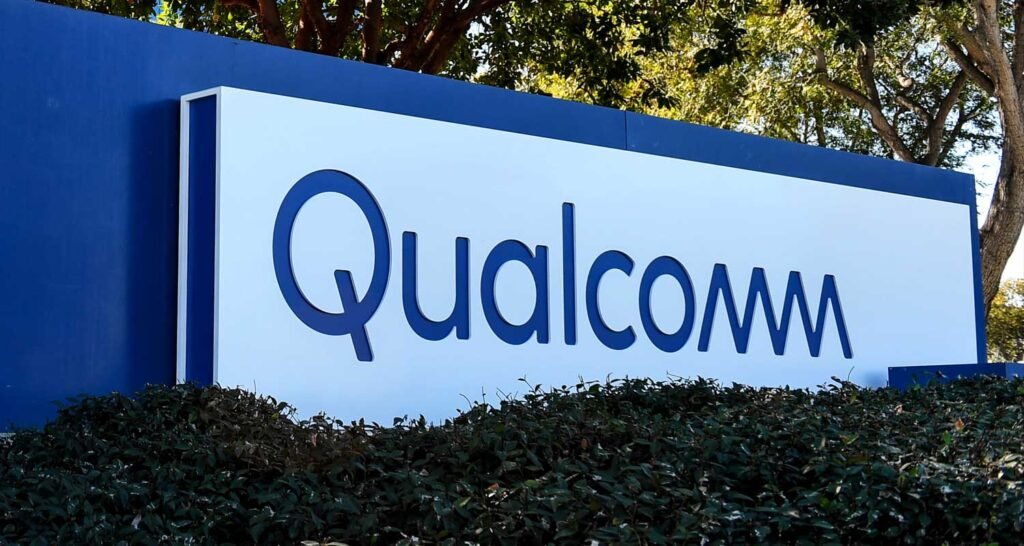Qualcomm’s interest in buying Intel has cooled, according to people familiar with the matter, upending perhaps one of the biggest technology deals in history. The complexities involved in buying Intel outright have made the deal less attractive for Qualcomm, said some of the people, who asked not to be identified discussing confidential matters.
There’s always the chance Qualcomm could look at parts of Intel instead or rekindle its interest later, they added. Representatives for Qualcomm and Intel declined to comment.
Intel is the centre of attention, which only underscores how central the company is in the technology industry.
Qualcomm conducted preliminary studies on a possible acquisition of Intel in September, according to various media reports. This came just weeks after Intel released a disastrous earnings report in which it gave disappointing revenue guidance and announced a 15% headcount reduction to “restructure and reorganize the company.”
However, the deal faced many financial, regulatory and operational obstacles, including the assumption of Intel’s more than $50 billion in debt. It would likely have required a long and difficult antitrust review, including in China, a key market for both companies.
Qualcomm would have needed to buy Intel’s loss-making semiconductor manufacturing unit, something the company has no prior experience with.
Qualcomm is looking to new markets, such as PC, networking and automotive chips, to generate an additional $22 billion in annual revenue by fiscal 2029.
“At this point, we have not identified any major acquisitions that would be required to execute this $22 billion transaction,” Cristiano Amon, the San Diego-based company’s chief executive officer, said in an interview last week.
Intel, one of the largest chipmakers in terms of value until relatively recently, is now trying to reinvent itself. Rivals such as Nvidia are falling behind in the race to provide chips to meet the massive demand for artificial intelligence. The Santa Clara, California-based company has a market value of about $107 billion. Its shares have fallen about 51% since the beginning of the year, but the deal with the chipmaker would be one of the largest in history.


